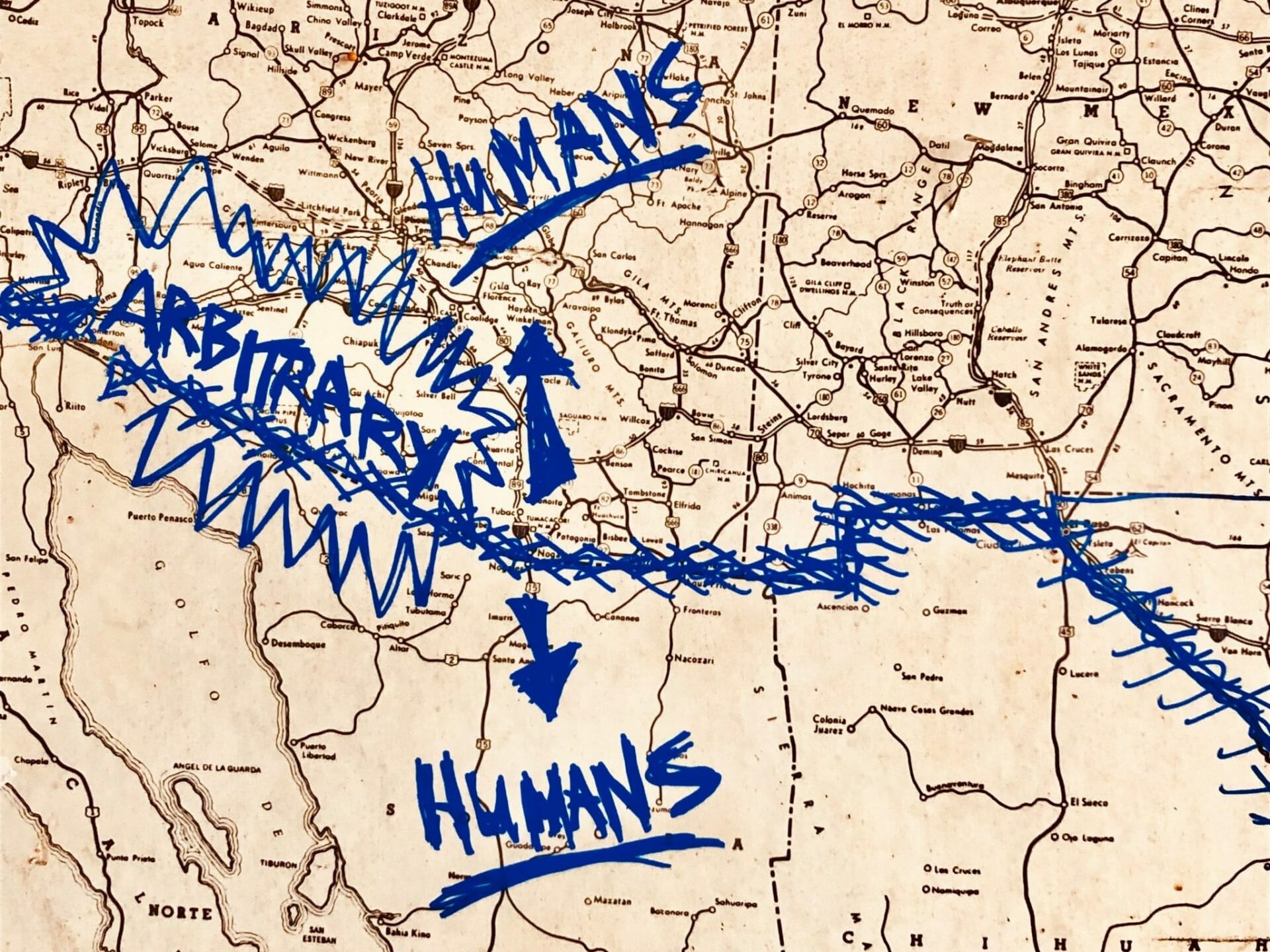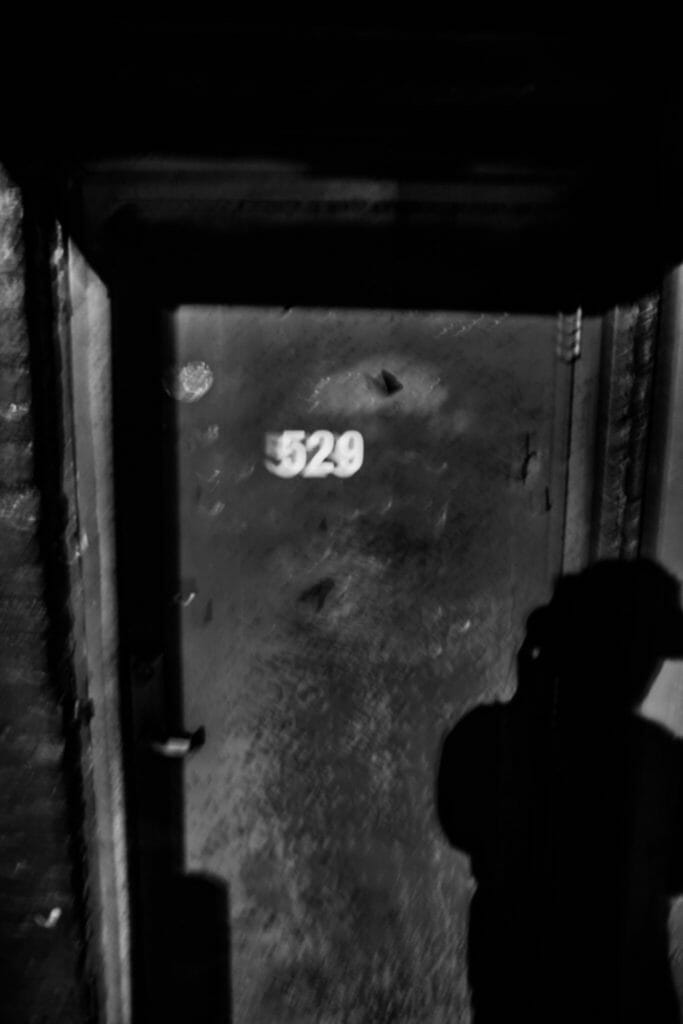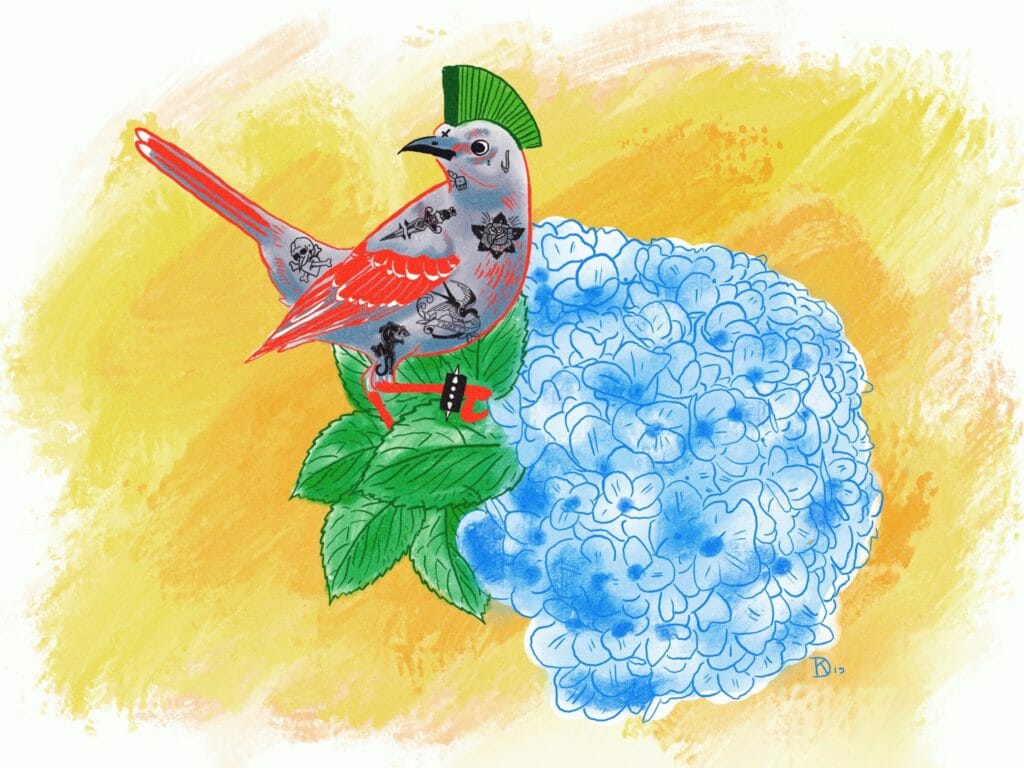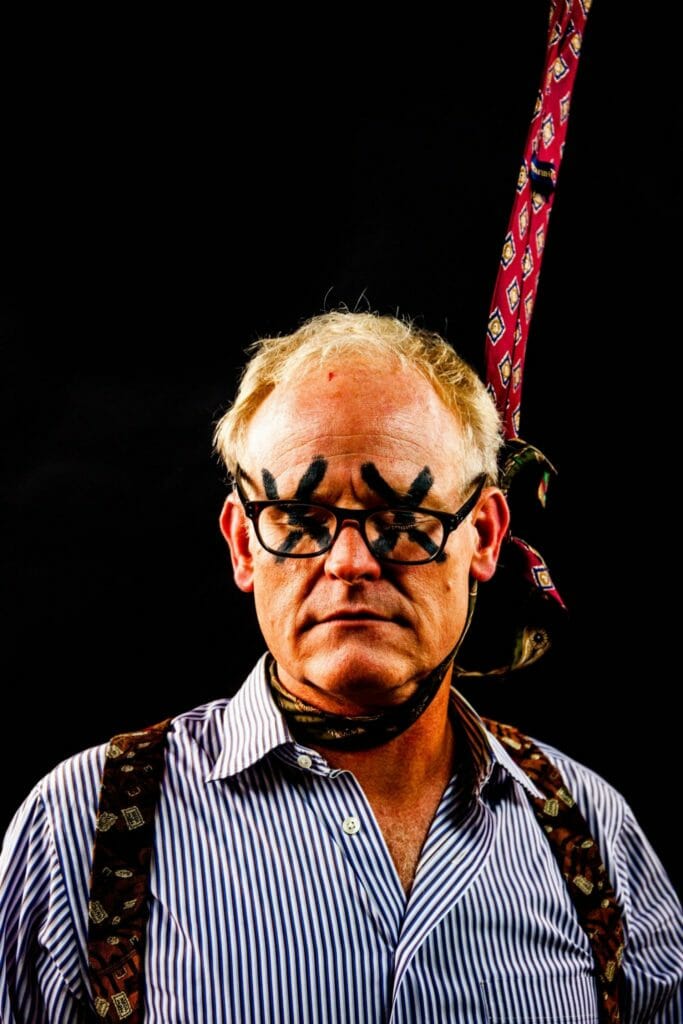Originally published in The Stand or Fall Issue on July 13, 2019.
I don’t typically spend much time on Facebook and I’ve practically abandoned my personal Instagram (don’t follow me; you won’t find anything worthwhile). But I’ll sporadically peek into the corners of social media to take a glance at what’s going on and to feed my ego, which likes to be fanned and cooled every once in a while. After the passing of Georgia’s “Heartbeat Bill” and the abortion bans passed since March, I braced myself before logging on to Facebook.
I had 89 notifications.
I clicked this first. I am not immune to the hot clickbait that is the red icon at the top of the screen. After sifting through my inbox, doing my part to stay up with social activism groups, certain events, bands, and artists, I slinked back to the main attraction: the News Feed.
Barely any scrolling and I was hit: just about every post was some sort of response to the abortion bans. Of course, there’s not much diversity of opinion here. My feed is algorithm’d (is this a verb? I don’t care) a certain way, so I see mostly what I want to see. It’s my echo chamber. If it was any reflection of the real world, it would mean nearly everyone is college- or moderately-educated, aged 25-50, liberal or left-leaning, musicians or artists, members or allies of the LGBTQ community, independent business owners, work or have worked in the service industry, and nine out of 10 people believe the abortion bans are constitutionally and morally wrong.
Before I continue, let me say this: I don’t think social media is inherently evil or toxic. I believe that while the technologies behind social media initially had good intentions, it is the business model and certain entities behind social media that’s fucked it all up. An obvious “pro” about social media is that it provides an easily accessible platform for anyone to express themselves freely (unless you consider the time and energy one might spend in comment feeds a costly price or a repercussion). That expression can be a spark that will eventually turn into action or at the very least open up a dialogue, if we choose to use it that way. Unfortunately, that’s not the standard turn of events.
My damage is this: most of the posts curated by my like-minded fellows were intellectually sound, deeply personal, and sometimes even thought-provoking. It all looked good, sounded good, felt good, until the final jab. Many statements took a turn that went something like this: “If you disagree with me or have a problem with any of this, go ahead and unfriend me. I don’t want anything to do with you.”
Some were more heavily fueled than others, but there weren’t any attempts in opening a dialogue in case there was someone who disagreed or was even mildly confused about what the abortion bans mean. In most social media scenarios, the user is already screaming into an algorithm’d sea of people who probably already lean towards agreement with them anyway, minus the aunt from Akron or second cousin in Minnesota, whatever. So what’s happening here is a cultivation of combativeness in a space that doesn’t truly exist while shaping an attitude on a real, interpersonal level that the right thing to do is stay in that bubble and cut out those who differ in opinion and write them off as terrible people. In other words, the right thing to do feels like building a wall. (Now, who does that sound like?)
Don’t like someone’s opinions? Block them. Unfriend them. Better yet, tell them to unfriend you. Facebook even gives users a “take a break” option, so as to avoid sitting with any anxiety of a seemingly permanent action. It promotes avoidance. And why do we do this? Because we want to be comfortable and feel powerful at the same time. But that’s not very realistic; nothing about social media is. And the truth is, building a wall (even from the right side of history) doesn’t make anyone better than anyone else.
There’s a saying I’d like to drop for this argument: “Comfort and conviction don’t live on the same block.” In other words, if you care about your values enough that you’re willing to stand up for them, you’re going to be uncomfortable. Because the fact is, it’s good to bond with people who do not agree with us. It’s good to clash and differ in opinions and experience discomfort in these situations.
Possible paradigm shift: discomfort is good. We should want to feel uncomfortable at times, because it’s in discomfort where we are challenged and pushed. It’s there that we are forced to examine and re-examine ourselves and our motivations; it’s where we learn to avoid complacency and laziness (which is basically what social media is serving up in a nutshell).
Without discomfort or anxiety, there could be no progress or beginnings. The world just wouldn’t fucking turn. This doesn’t mean we should go out of our way to befriend Neo-Nazis or white supremacists or attempt to change their views. It means we should stay open to the people in our lives who may lack in understanding and deserve a chance.
The worst turn we could take in this “shut down, shut out” attitude is that by shutting out those who do not fundamentally agree with us (and let’s be real, not a single person thinks exactly like you do), by standing on our imaginary soapboxes lit in momentary lapses of ego-strength on our phones and computers, we lose our connection with others and the initial purpose. In so doing, we run the risk of becoming more like the people and policies we are actually fighting against: rigid, non-empathetic, promoters of fear, perpetuators of shame.
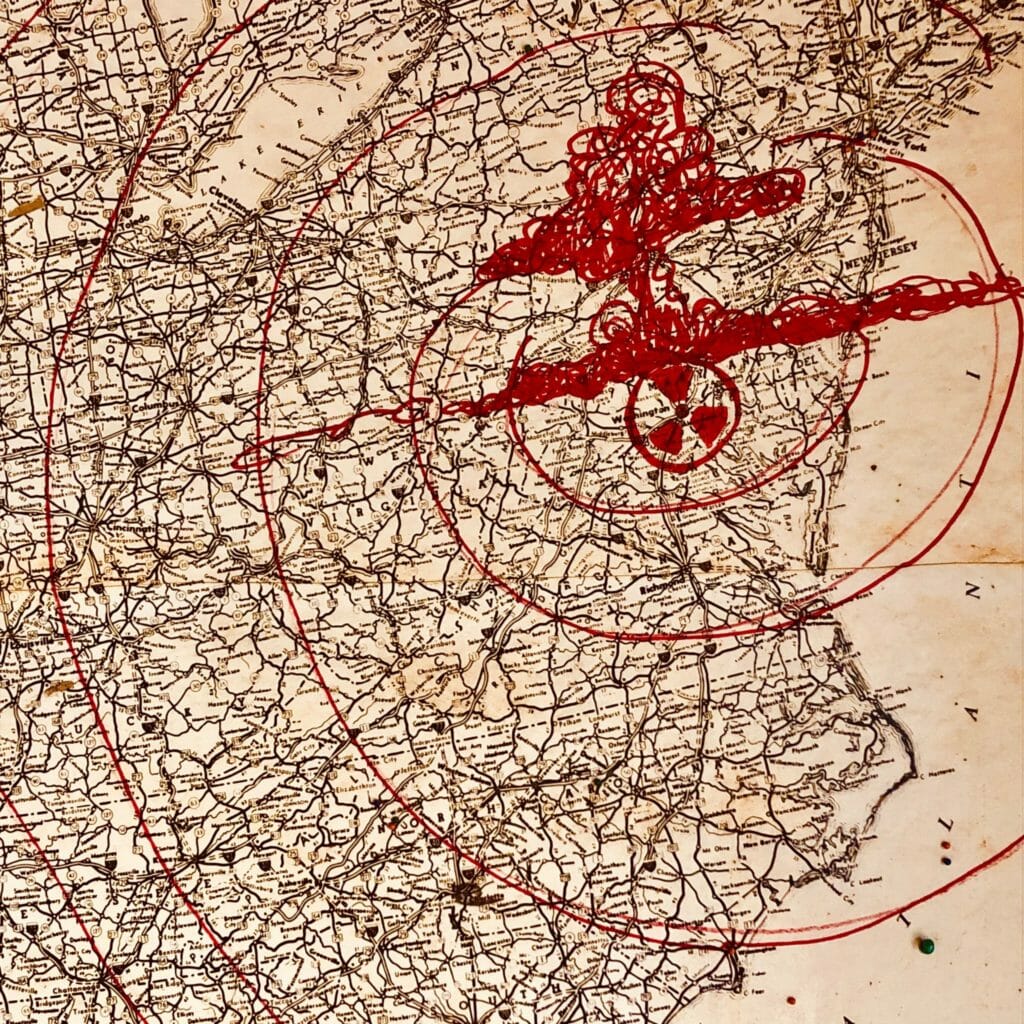
You know that saying about burying our heads in the sand? That’s what’s happening, except the sand is the echo chambers we’ve constructed in social media that constitute so much of our reality. The ironic part is that the burying shows up like we are tackling these issues head-on by YELLING OUR OPINIONS IN OUR NEWS FEEDS AND INSTAGRAMS as our friends and followers scroll mindlessly, barely grazing over our words with no long-lasting connection built or sustained.
When we refuse to confront or acknowledge a problem such as the divisiveness of opinion over important issues (and how did we get so divisive in the first place?), we allow misinformation to spread and separation to continue. Safe within our echo chambers, burrowed in all nice and warm and unprovoked, we are impenetrable, meaning no one can truly get in to see our perspective. We have to stay open to stay alive.
It’s time to get uncomfortable. Connect instead of cutting off. Show up in real life. Go to a protest. Put up fliers. Write an opinion article. Tell your story. Have deeper conversations. Recognize the fact that a disagreement may stem from a lack of understanding. Help others understand. Snuggle up against the divides that are inherently a part of this life and bring these conversations back to a human level.
It’s time to build bridges, not walls.

